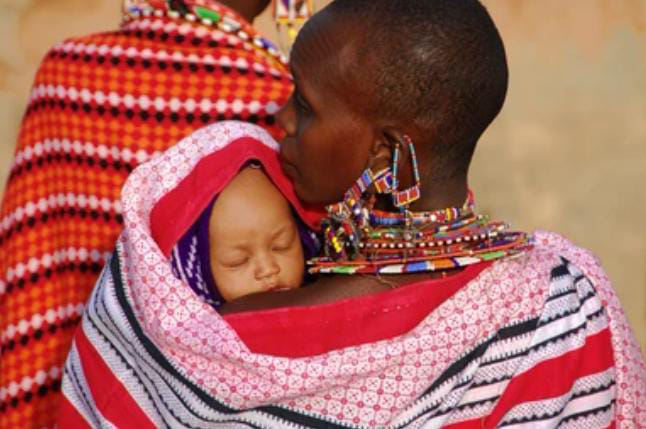A child is a beam of sunlight from the Infinite and Eternal, with possibilities of virtue and vice, but as yet unstained, as stated by Lyman Abbott, an American Congregationalist theologian and editor. There are two main societal categories of children: those born within wedlock and those born out of wedlock.
A notable incident occurs when a woman carries a child with a married man, somebody's husband. Such women are commonly termed "mistresses," popularly known as "mpango wa kando." The result of such births are children with no present father figures in their lives, and society brands them "illegitimate." The question remains, "What renders a child legitimate or illegitimate?"
Do you ever wonder why we have so many street children around our towns? These are young children who cannot identify their families; they were either left lying around on the hospital beds immediately after birth, taken to their dads who rejected them, or taken to orphanages, and when they came of age, the children's homes would not accommodate them anymore.
Take, for instance, Meru County, which has the highest number of children's homes in Kenya. The government has expressed the dire need for foster families to care for and nurture these children. According to Ms Mary Thiong'o, a National Council for Children Services representative, the council is moving away from over-reliance on institutional care to prioritizing family and community care services to ease the congestion in such homes.
For these children, all hell breaks loose when they are adopted into non-loving families. Such families use them for household chores, including cooking and cleaning, which means they have to wake up early and go to bed late. This gives them little time to play like their peers or even study if they are lucky enough to be afforded an education by the foster family. They are also expected to take full responsibility for the family's younger children. All these perils make them assume adult responsibilities at such a tender age.
.
Moreover, such children are subjected to stigmatization and stereotyping. People often point fingers at them, referring to them as "Xs or Ys" but not their names. In some instances, people tell them straight to their faces that they are "illegitimate" children. The society also does not trust them; in case there is an incident, they may blame these children because people have a mentality that their mother had an affair with a married man, so the child is always in the wrong, just like their parents. This will always make the child grow up fearing rejection and wrongful judgment.
Essentially, the worth of a child is not determined by the circumstances surrounding their birth. Some individuals stereotyped as "illegitimate" grow up to be prominent individuals in society when given the opportunity to fulfill their potential. Article 53 of the Constitution of Kenya states that every child has a right to parental care and protection, which includes equal responsibility of the mother and father to provide for the child whether they are married to each other or not.
After all, these children did not "send an application" for which family they wanted to be born into. Whether born in or out of wedlock, is it in our position to tag children along the lines of legitimate and illegitimate?
BY MERRYNE GICHUNGE,
Student, Journalism and Mass Communication, Chuka University












 MWINGI TIMES for timely and authoritative news.
MWINGI TIMES for timely and authoritative news.
No comments
Post a Comment